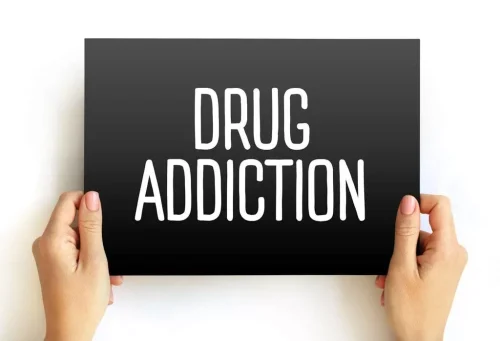
Alcohol (ethanol) depresses (slows down) your central nervous system (CNS). If you consistently consume significant amounts of alcohol, your CNS gets used to this effect. Your CNS must work harder to overcome the depressant effects of alcohol to keep your body functioning. It can cause memory loss and interference with brain development.
Common Alcohol Withdrawal Symptoms
That’s because alcohol use disrupts communication in our immune system, the body’s way of safeguarding against viruses and bacteria. Alcohol causes a “steady depletion of the vitamins and minerals that our body needs to feel our best,” explains Brooke Scheller, DCN, CNS, doctor of clinical nutrition. In fact, alcohol use can make you more susceptible to pneumonia, for example, and predispose chronic drinkers to things like infections and even poor wound healing.
After One Week
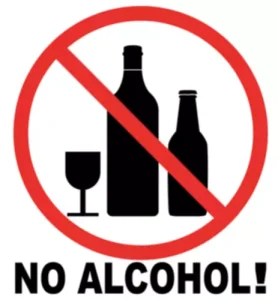
It can make your family and friends feel as if you are choosing an addiction over them and cause you to act in ways that are destructive to relationships. The effects of alcohol can even make you abusive or cause you to harm others emotionally. what happens when you stop drinking alcohol Maybe you’ve never been interested in logging your innermost thoughts, but journaling can be a great tool to track your feelings as you work on quitting alcohol. Research shows that most people believe that drinking can make them feel better.
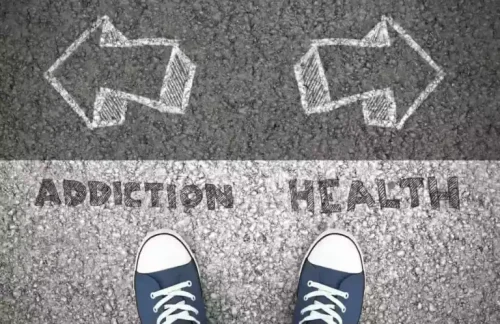
Reach out for support
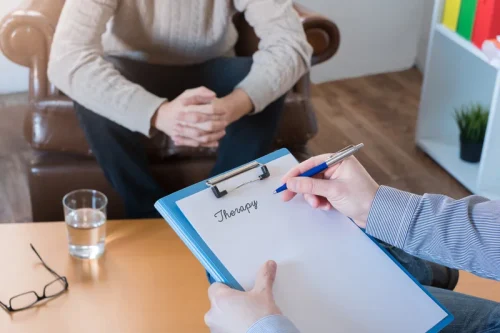
Over time, drinking can also damage nerve cells and contribute to a loss of brain volume. Start by talking to your doctor about how much alcohol you’ve been using and your plan to quit. It’s important that you work with your doctor when you’re ready to stop drinking rather than trying to do it alone. “Quitting drinking can improve a person’s sleep, but there may still be a significant number of people who continue to have sleep problems even with continuous abstinence,” Volpicelli says. One study found that around 70% of participants had sleep problems when they were admitted for alcohol treatment.
- Just being dry for 1 month and going back to drinking in excess is a bad idea.
- For younger people, the risks due to accidents, injury, and violence far outweigh any possible benefits of alcohol use.
- For those with alcohol misuse and dependence, the conditions are connected to chronic sleep disturbance, lower slow-wave sleep, and more rapid eye movement.
- If you are thinking about quitting drinking, talk to your healthcare provider.
The Benefits of Quitting Alcohol
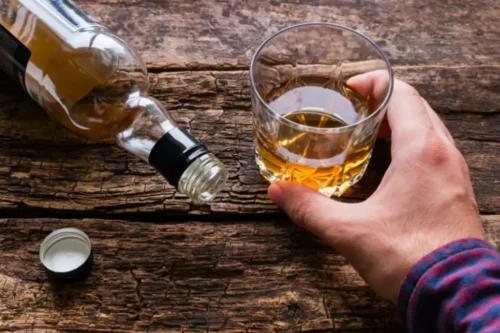
After Six Months
- As early as one week after stopping alcohol, you will likely begin to see benefits.
- Stopping alcohol can seem daunting, especially if you use it frequently or if it is a central part of your social life.
- If your alcohol use distracted you from skin and hair hygiene, then the effects of sobriety can be even greater.
- Other risk factors include previous episodes of severe alcohol withdrawal.
- Alcohol (ethanol) depresses (slows down) your central nervous system (CNS).
- Talk therapy, either as an individual or as part of a group, can also offer support through the process of quitting.
- From there, you may need social support, consistent self-care, and new routines that can help redirect your mind.
- When you stop drinking, it can also reverse the negative effects alcohol has had on your cognitive functions like problem-solving, memory, and attention.
- You don’t need to be diagnosed with alcohol use disorder in order to quit drinking.